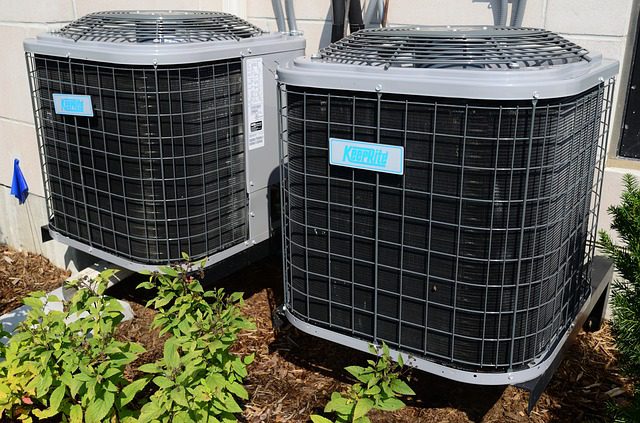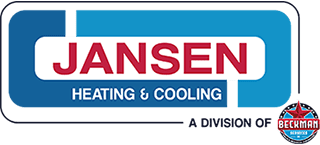Basics of AC Operation That Every Homeowner Should Know

Most homeowners have only a vague notion about how their central air conditioner cools their home. It’s this magic machine that manufactures cool air (which isn’t exactly correct, but more on that later). As for the technology that makes that happen, they’re not really up on that. However, having some basic sense for how an air conditioner or heat pump works will improve a homeowner’s ability to troubleshoot problems when they arise. It also will enable you to explain the suspected issue to an HVAC technician before they come out to the house, or possibly even fix the problem yourself.
Here are several fundamental principles that any homeowner should know about the AC that’s rumbling away in the utility room or basement.
Five Key Facts About Your AC
How it works. In a split-system central air conditioning system, one unit (the air handler/evaporator) is inside the house while a second unit (the condenser/compressor) sits just outside. A chemical solution that boils at a very low temperature gets pumped in a repeating cycle between the two units. In the indoor evaporator coil, the solution – aka refrigerant or coolant – extracts heat energy from indoor air as the refrigerant is allowed to boil – transitioning from a liquid to a gas. The subtraction of heat – and the simultaneous removal of moisture – create cooler and drier indoor air, which a blower fan, either in a dedicated air handler or enclosed in the furnace, distributes throughout the house via a system of ductwork and vents and registers. The refrigerant, meanwhile, is pumped outside where it’s compressed back into a liquid. The heat is released from the condensing coil, and a powerful fan disperses it into the warm outside air. At this point, the liquefied refrigerant gets pumped back into the house.
The importance of a clean air filter. While relatively inexpensive and small, the air filter in any forced-air cooling or heating system, including ACs and heat pumps, plays an essential role in the process. It removes dust and other unwanted debris from the air before it gets pumped into the equipment that either cools or heats it. This keeps dust and dirt particles out of sensitive mechanical components while cleaning the air before it’s distributed throughout the home. However, in order for the filter to perform that function, it can’t be coated with dust and other material. That’s why it’s so important to inspect the HVAC filter once a month and replace it when it looks clogged. It’s also important to select the right filter for your cooling or heating system, and to avoid the cheapest models (which won’t capture a high percentage of airborne particulates).
Regular maintenance is essential. Get into the habit of scheduling an annual preventative maintenance visit for your AC (and one for your heating system as well). A trained and certified HVAC technician will complete a checklist of tasks intended to optimize your air conditioner’s performance and efficiency, as well as safety. They’ll find small problems before they turn into major ones. Basic maintenance by the homeowner is also important, including inspecting the air filter every month and replacing it when it gets dirty.
Give your AC a break by making its job easier. In most homes, the cooling system is forced to work harder than necessary to make your home comfortable. Make its job easier by sealing air leaks in the exterior walls of the home, upgrading insulation, keeping curtains and drapes closed against the sun, using ceiling fans, setting a higher temperature on the thermostat, and preventing vents and registers from being blocked by objects such as furniture, rugs or toys.
Don’t forget proper ventilation. Your home’s HVAC system should include ventilation that regularly exchanges stale inside air with fresh outside air, through both active and passive ventilation.
Knowledge Is Power
As with anything else, the more you know about your HVAC system the better equipped you’ll be to not only troubleshoot problems when they arise, such as a broken AC or heater, but to even perform the easiest repairs yourself. In addition, with knowledge of how your heating and cooling systems operate, you’ll have a better idea of how to make their jobs easier, both to improve energy efficiency and reduce stress on equipment. The latter will reduce needed repairs and extend the useful service life of your HVAC equipment. Finally, knowing how your system operates should clarify for you how such steps as effective air sealing and insulation can improve the comfort and efficiency of your cooling and heating equipment.
